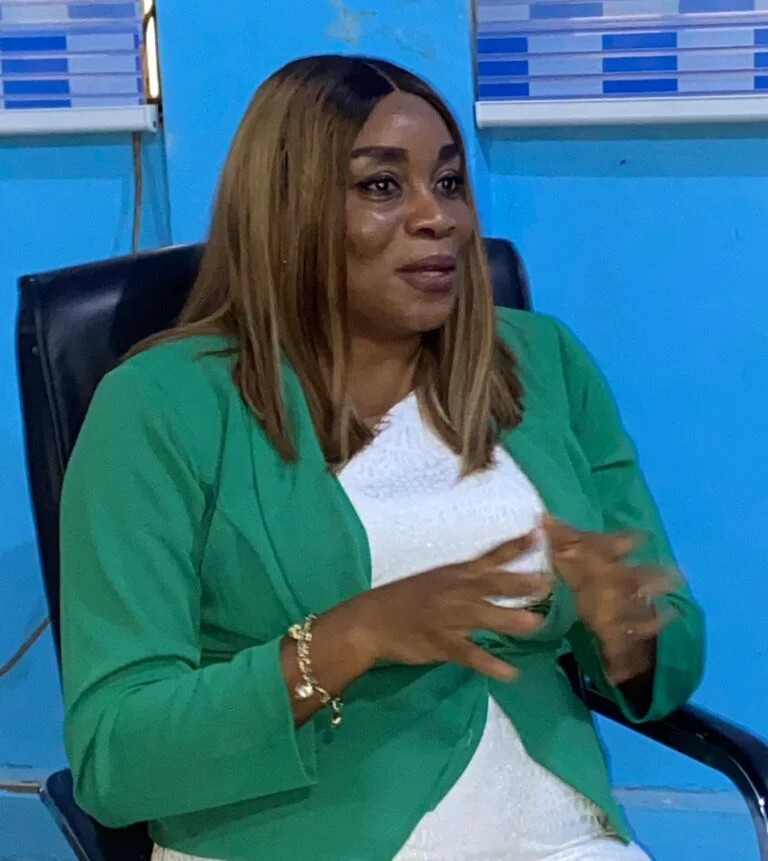At just 17, Emmanuel had already mastered how to bypass online security systems. Not to build a career, but to survive. Like many young Nigerians, he was unemployed, restless, and drowning in a digital world full of temptations. But he’s not alone — the faces of cybercrime in Nigeria are increasingly young, gifted, and desperate.
This is the reality that inspired Miriam Alobi, co-founder of the Alice Alobi Foundation (AAF), to act.
On a warm Tuesday morning in Abuja, ahead of a national Cybersecurity Awareness Workshop, Miriam spoke with quiet urgency. “Many youths are not cybercriminals because they want to be. They are pushed by poverty, unemployment, and lack of digital education,” she said.
For the past three years, the Alice Alobi Foundation has been on a mission to empower young Nigerians with digital skills — teaching them how to use technology as a tool for growth, not deception. But as cybercrime cases involving youth continue to rise, the Foundation is shifting focus. The new frontier? Cybersecurity awareness and education.
“We’ve seen the news,” Miriam said, referring to frequent headlines of young Nigerians being arrested by the EFCC. “We’ve seen how easy it is for vulnerable youth to fall into the trap of cybercrime. If we don’t act, we’re going to lose a generation to digital vices.”
That’s why the upcoming Cybersecurity Awareness Workshop, to be held in Abuja, isn’t just another tech event. It’s a lifeline. Open to young professionals, students, and even young parents, the workshop will offer crucial skills in cybersecurity — how to stay safe online, how to recognize threats, and importantly, how to build careers in a growing industry.
“This isn’t just about warnings. It’s about opportunity,” Miriam explained. “Cybersecurity is one of the fastest-growing sectors in the world. We want Nigerian youths to know they can be part of it — ethically and legally.”
The Foundation plans to take the message further by setting up cybersecurity clubs in schools and working with the Ministry of Education to integrate cyber safety into the national curriculum. It’s an ambitious plan — but not one the Foundation is tackling alone. They’ve partnered with the Young African Leaders Initiative (YALI) and agencies like the Economic and Financial Crimes Commission (EFCC) to create a network of support and enforcement.
For Miriam, the goal is bigger than just teaching coding or online safety. It’s about changing narratives.
“Our youths don’t need to be feared or arrested. They need to be understood, educated, and given the tools to succeed in this digital age,” she said. “Cybersecurity isn’t just a protective measure. It’s a career path. A chance to thrive.”
In a country where over 60% of the population is under 25, and youth unemployment remains a persistent challenge, initiatives like this could be the key to a safer, more empowered future.
As the workshop draws near, young people from across the country are expected to join — some in person, others virtually, using links shared by the Foundation. For many, it could be the start of something new. Not just a class, but a turning point.
Because sometimes, all it takes to stop a crime is to teach a skill.



